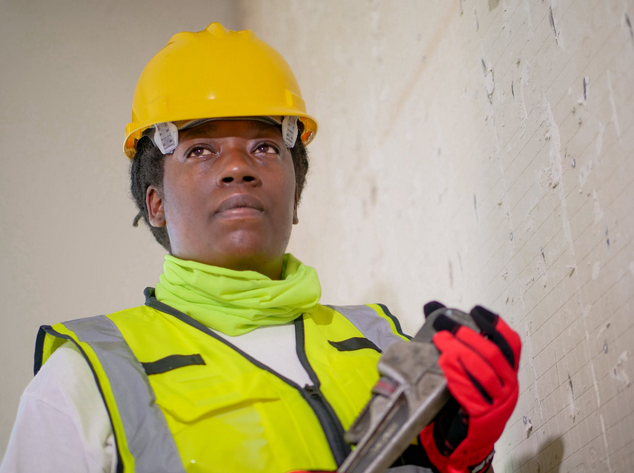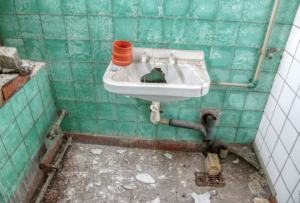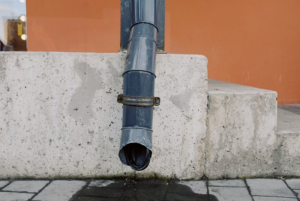
Plumbing problems can emerge unexpectedly and with a severity that borders the disastrous. Regular inspections of your plumbing fixtures can help you prevent plumbing emergencies. Those rooms with a lot of plumbing equipment, including the bathroom and kitchen, are where you should concentrate your inspection checklist. But don’t forget to look for additional appliances and fittings throughout the house, from hose spigots outside to the water heater in the basement or utility area.
Bathroom
 Bathrooms see a lot of use from all family members, so it’s no wonder that this is the space where plumbing issues are most likely to occur. In a bathroom, the sink, tub, and shower faucets are the ones that require the most attention. Check for leaks regularly.
Bathrooms see a lot of use from all family members, so it’s no wonder that this is the space where plumbing issues are most likely to occur. In a bathroom, the sink, tub, and shower faucets are the ones that require the most attention. Check for leaks regularly.
You can fix dripping faucets by replacing worn washers or cartridges. Soap and hair clogs are prevalent in bathroom drains, and rather than waiting for them to become significant obstructions, clear them out now. You should clear the drain with boiling water or another DIY approach regularly, utilize a drain blocker, and quickly remove hair and debris from the tub or drain blocker.
Kitchen
 Inspect all fixtures at least twice a year and make any necessary repairs. The kitchen sink gets used, and a leaking sink strainer is a regular occurrence.
Inspect all fixtures at least twice a year and make any necessary repairs. The kitchen sink gets used, and a leaking sink strainer is a regular occurrence.
As the water in the sink drains, keep an eye on the strainer area and the P-trap. When the strainer basket begins to leak or rust, the P-trap fittings may need to be tightened, and you should replace the strainer basket. Clean the kitchen sink drain regularly.
Septic and Sewer Systems
 If you have a septic system with a drain field (prevalent in rural regions), have it inspected and regularly maintained to avoid complications. If you’re using a tank system, have the tank pumped emptied as soon as it fills up. Ensure your family understands what materials should not be flushed down the drain in drainage field systems. Many experts advise against flushing food waste into a septic system. It would help if you also avoided Bleach-based cleaners since they obstruct the biological decomposition of wastes, which is necessary for a septic system to function.
If you have a septic system with a drain field (prevalent in rural regions), have it inspected and regularly maintained to avoid complications. If you’re using a tank system, have the tank pumped emptied as soon as it fills up. Ensure your family understands what materials should not be flushed down the drain in drainage field systems. Many experts advise against flushing food waste into a septic system. It would help if you also avoided Bleach-based cleaners since they obstruct the biological decomposition of wastes, which is necessary for a septic system to function.
Homeownership is a tremendous responsibility, and for most of us, it’s where we spend the most money. It’s critical to keep up with maintenance around the property to safeguard the value of your investment. Preventative maintenance is crucial because it can handle plumbing concerns before they escalate into serious issues and costs. To assist you in taking care of your home’s plumbing system, we’ve put up a checklist of plumbing maintenance and preventative care advice.…
